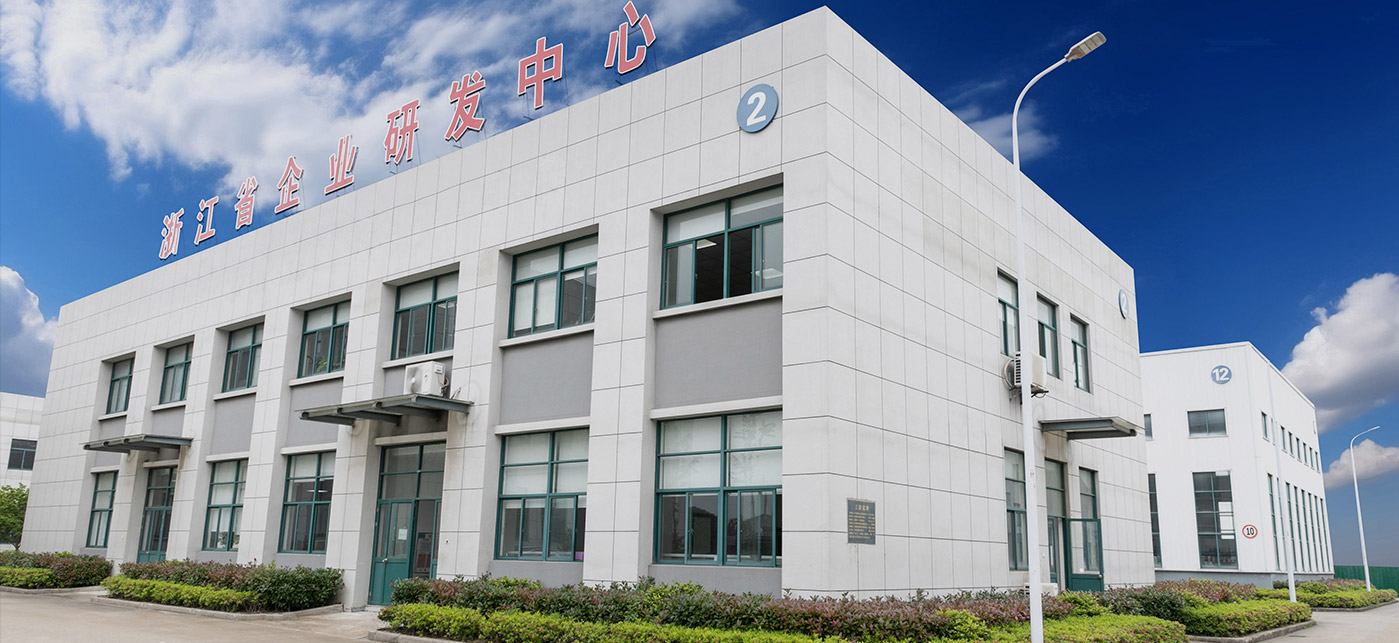1. Materials and Processes: Ensuring Quality and Reliability
In the realm of
heavy truck casting parts, the careful selection of materials and meticulous attention to manufacturing processes are pivotal factors in ensuring the utmost quality and reliability of these critical components.
a)Materials Utilized: Traditionally, heavy truck casting parts were predominantly fabricated using materials such as gray iron and cast iron due to their exceptional strength and durability. However, with the evolution of industry standards and technological advancements, manufacturers are increasingly turning to high-strength alloy steels and ductile iron. These materials offer a remarkable balance between toughness and tensile strength, addressing the demanding operational conditions that heavy trucks often encounter on the road.
In addition to the base materials, alloying elements such as chromium, nickel, and molybdenum are strategically incorporated to enhance corrosion resistance and overall performance. This careful alloy composition not only contributes to the longevity of the casting parts but also facilitates the production of components that can withstand the severe stresses and loads experienced in heavy-duty applications.
b)Advanced Casting Processes: The manufacturing processes employed in crafting heavy truck casting parts have undergone significant advancements to meet the exacting standards of modern applications. Precision casting methods, including investment casting and die casting, have gained prominence. These techniques enable the creation of intricate and complex geometries with tight tolerances, ensuring a level of precision that was once difficult to achieve through traditional casting methods.
Moreover, sand casting, a longstanding method in the casting industry, has evolved with improved molding technologies. The integration of computer simulations and modeling allows for a more accurate prediction of mold behavior, resulting in higher-quality castings. The use of automated systems and robotics in the casting process has also become more widespread, enhancing efficiency while maintaining consistency in production.
2.Precision Engineering for Optimal Performance
In the dynamic landscape of heavy truck manufacturing, precision engineering has emerged as a cornerstone for achieving unparalleled levels of performance, efficiency, and reliability in
heavy truck casting parts.
a)Computer-Aided Design (CAD) Advancements: One of the key contributors to the evolution of heavy truck casting parts is the integration of sophisticated Computer-Aided Design (CAD) software. CAD allows engineers to create detailed and complex 3D models of casting components with an unprecedented level of accuracy. This digital design process enables manufacturers to visualize and analyze intricate geometries, ensuring that every aspect of the casting is precisely tailored to meet performance specifications.
CAD not only expedites the design phase but also facilitates collaboration among multidisciplinary teams. Engineers can simulate stress points, fluid dynamics, and thermal behaviors in a virtual environment, providing insights into potential challenges and opportunities for optimization before physical prototypes are produced. This iterative approach to design minimizes errors, enhances efficiency, and ultimately results in casting parts that are finely tuned for optimal performance.
b)Computer Numerical Control (CNC) Machining Excellence:
The integration of Computer Numerical Control (CNC) machining into the production process represents another crucial facet of precision engineering in heavy truck casting. CNC machining allows for the automated, highly precise fabrication of casting components based on the digital designs created in the CAD phase. This level of automation ensures consistency in manufacturing, reducing variability and ensuring that each casting part meets the exact specifications of the design.
CNC machining excels in its ability to handle complex geometries and tight tolerances, providing a level of precision that is essential for the demanding applications of heavy trucks. The elimination of manual intervention in the machining process not only enhances accuracy but also contributes to increased efficiency and reduced production times, allowing manufacturers to meet tight deadlines without compromising on quality.












